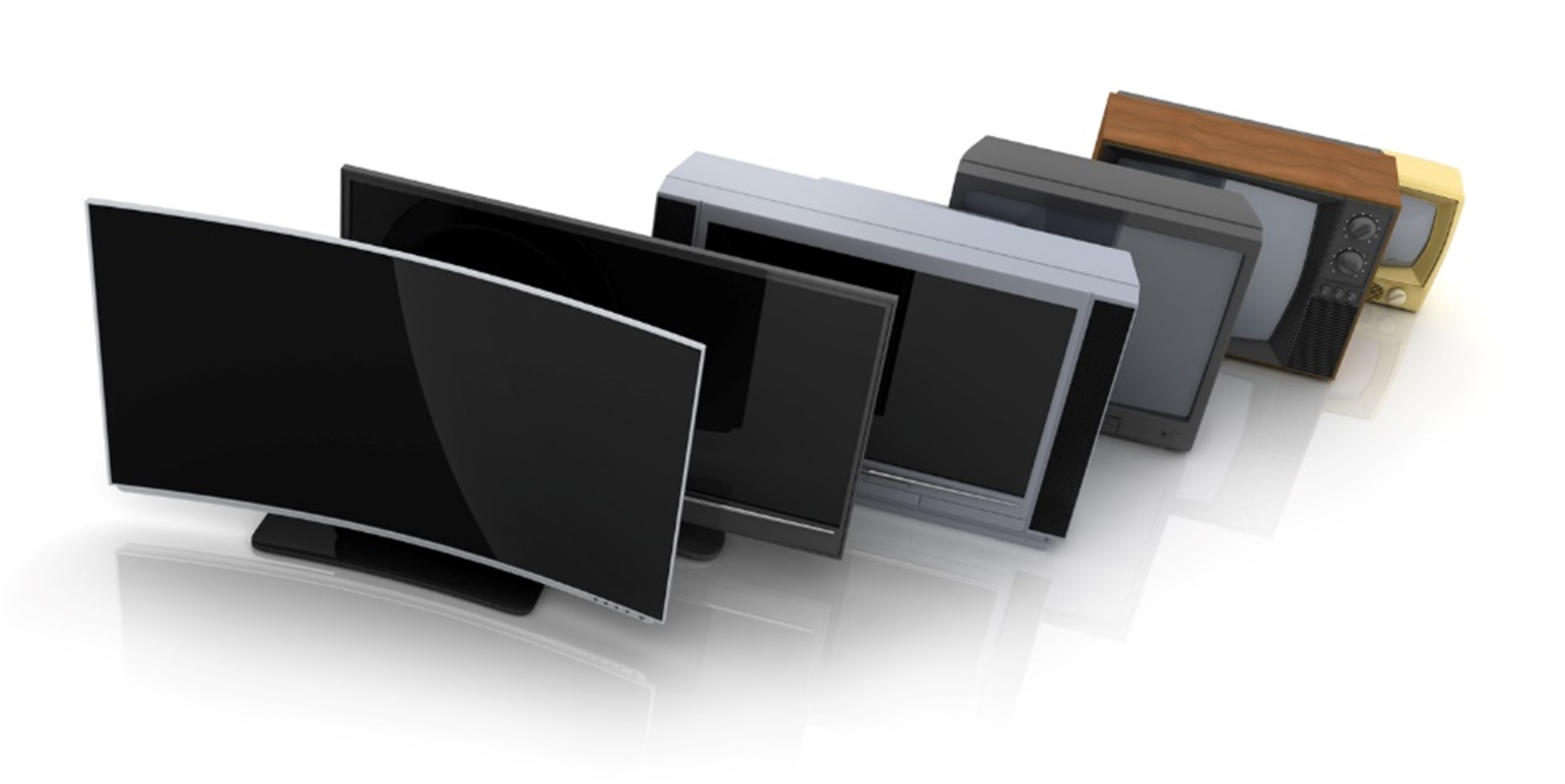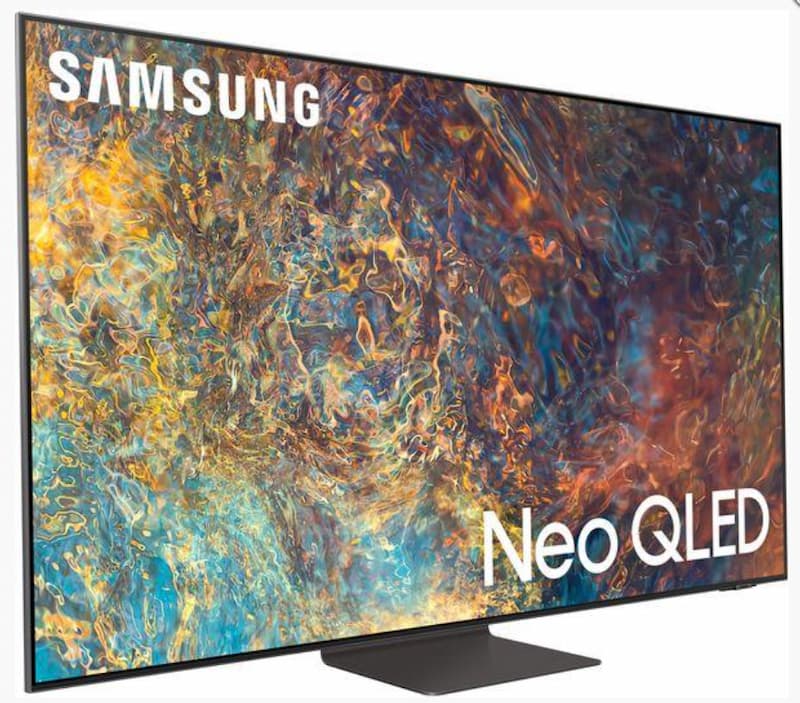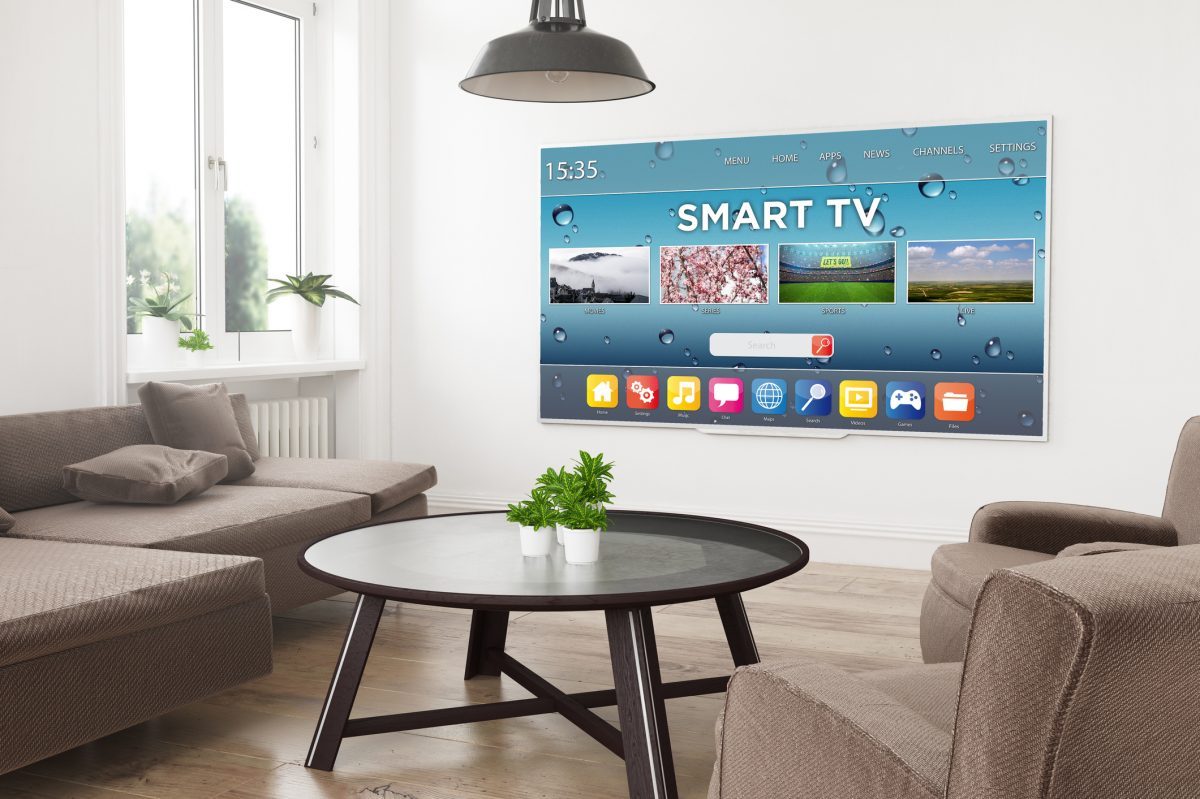TV Licensing’s TeleScope report reveals adults in Britain think they watch an average of less than 20 hours of TV a week, or around three hours a day, but official statistics collected by the Broadcasters’ Audience Research Board show the true average in 2010 was more than 30 hours a week, or over four hours a day.
With such an immense amount of TV being watched, it seems obvious that this would have some sort of effect on us as an audience. One of the most profound ways by which television affects us, is through speech.
So, how has television influenced the way we speak and the language choices that we make in our day-to-day lives?
1. Bad Language
In 2009, Channel 4 was compelled to fire the popular reality TV show star and chef Gordon Ramsey after he swore 243 times in one episode of his reality series. By the end of the 103-minute show, Ramsay had expressed 187 expletives.
A poll of more than 800 people in Great Britain found most believed there was more swearing on TV than 10 years ago. Seventy-six percent of those who responded to the Daily Mail’s survey said swearing on TV was having a negative impact on young people, while 68 percent felt that bad language ‘led directly’ to young people using foul language.
Which swear words are being used the most? Monika Bednarek, senior lecturer in Linguistics at the University of Sydney, found that “Thematically, words with religious origin are most frequent, then those that make reference to bodily excretions, sexual activity and a taboo body part. Of course such expressions have often lost their original meaning.”
2. Accents, Speech Patterns and Dialects
According to a recent New York Times article, young females have aided in influencing changes in inflection and diction in contemporary language. Specifically, they are responsible for ‘uptalk’, which involves ending declarative sentences as if they were questions. Young people have also helped replace pause words such as um and uh with like.
“Many of these uses of ‘like’ originate in America,” says Dr Groves. “They were probably introduced into British English through the media, like films and television.”
In China, the government is removing local dialects from television, in order to promote the use of Mandarin.
3. Catch Phrases
Arguably, the most obvious ways by which television has affected the way we speak, is through the use of catchphrases. Catchphrases have managed to filter into our everyday language.
Do you know which TV shows these catchphrases come from?
- You are the weakest link, good bye!
- Is that your final answer?
- Lovely jubbly!
- Cheap as chips!
- Nice to see you, to see you… nice.
- Am I bovvered?
- Computer says no.
- Exterminate!
4. Political Correctness
Popular TV shows, such as South Park, The Sopranos, Family Guy and American Dad push the limits of political correctness, as all readily make use of racial, sexual and religious stereotypes. Comedy programmes such as 8 Out of 10 Cats and Mock the Week have proved to be extremely controversial, as they often make misogynistic, racist and ableist jokes.
The influence of TV shows which push the boundaries of political correctness provide fuel for discriminatory social media movements and websites such as Sickepedia, where it has become the norm to make jokes regarding sexual assault, paedophilia and domestic violence.
5. Slang
You’ll probably totes agree that slang from television shows, namely American ones, has made its way into the cultural lexicon. The speech in television often perpetuates established slang terms.
6. Intelligence & Improved Vocabulary
There have been several studies into the educational benefits of watching certain TV shows. In 2010, Dictionary.com selected eight shows that can expand a person’s vocabulary. “The Daily Show with John Stewart” for example, has many guests that talk about complicated topics. “Sesame Street,” of course is part of the list. HBO’s vampire series, “True Blood,” is packed with medical, political, mythological and historical references. The science-fiction series “Fringe” also uses many scientific terms, all of which contribute to the audience expanding their horizons.
TV shows such as Countdown obviously contribute to the audience’s education with regard to vocabulary and language.
7. Acronyms
Did you catch that episode of TOWIE last week? What about this week’s MIC? Have you been watching reruns of SATC?
It’s not only acronyms for the names of television shows which have filtered into our everyday language, but it’s many different variations of acronyms. Jersey Shore gave us WMD, GTL, GTS and GTF. Additionally, TV has promoted the use of internet based acronyms such as LOL and OMG.
Oh, and let’s all take a second to consider the extremely profound YOLO movement.
8. Popular Culture References
In Buffyspeak: the Internal and External Impact of Slayer Slang Liz Medendorp discusses the way that characters in the popular television programme Buffy the Vampire Slayer speak. Many books have analysed the speech in Joss Whedon’s hit show from the ‘90s, which starred Sarah Michelle Gellar, and have noted on the excessive use of the y-suffix and popular culture references.
Liz Medendorp explains that the use of popular culture references in television programmes is “a way of using a shared cultural reference to convey a larger point” to the audience.
If you want to get your 30 hours of weekly TV via the best possible medium, and you are looking for cheap TVs, why not look at the amazing range we have here at Electronic World!







